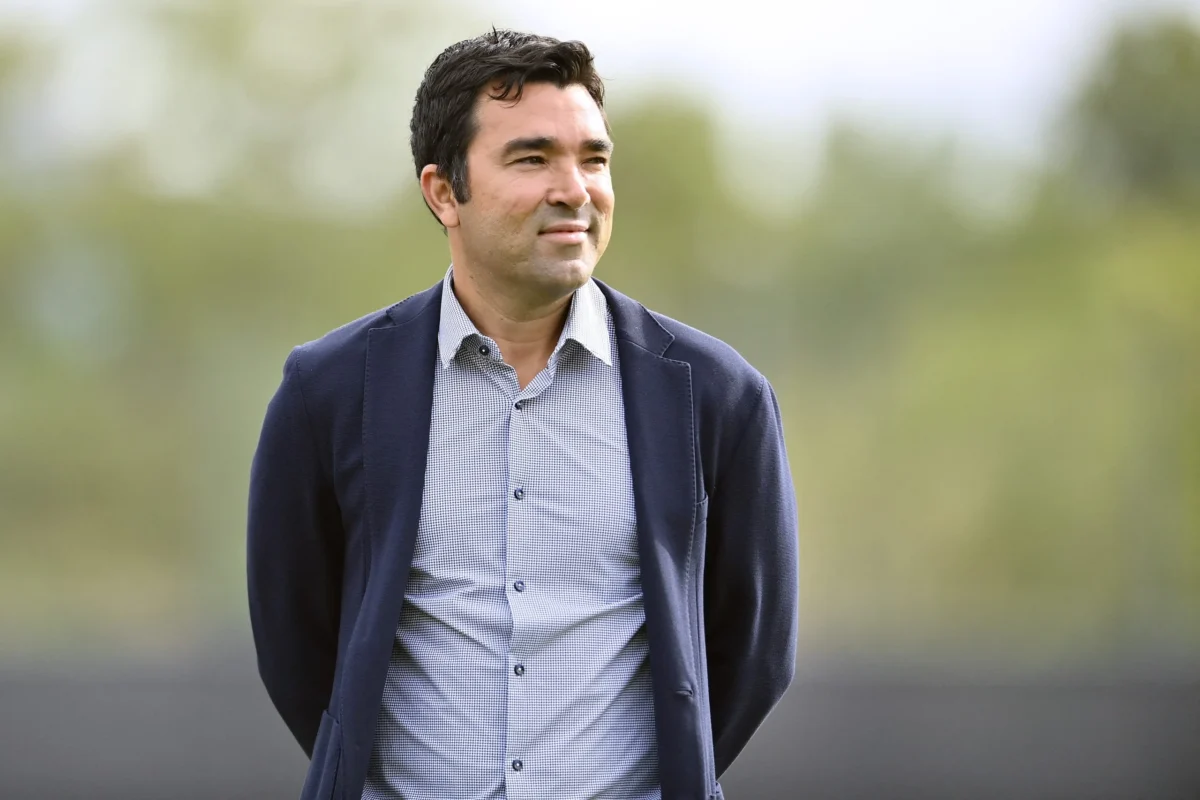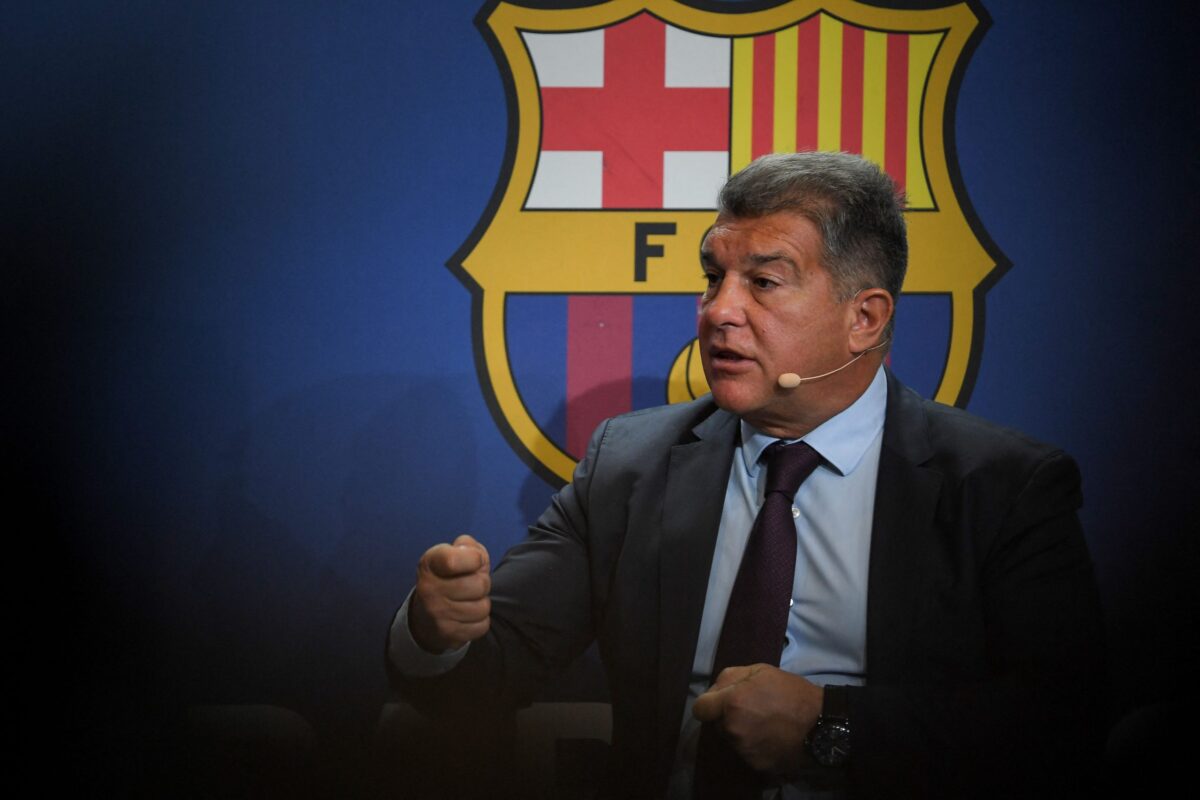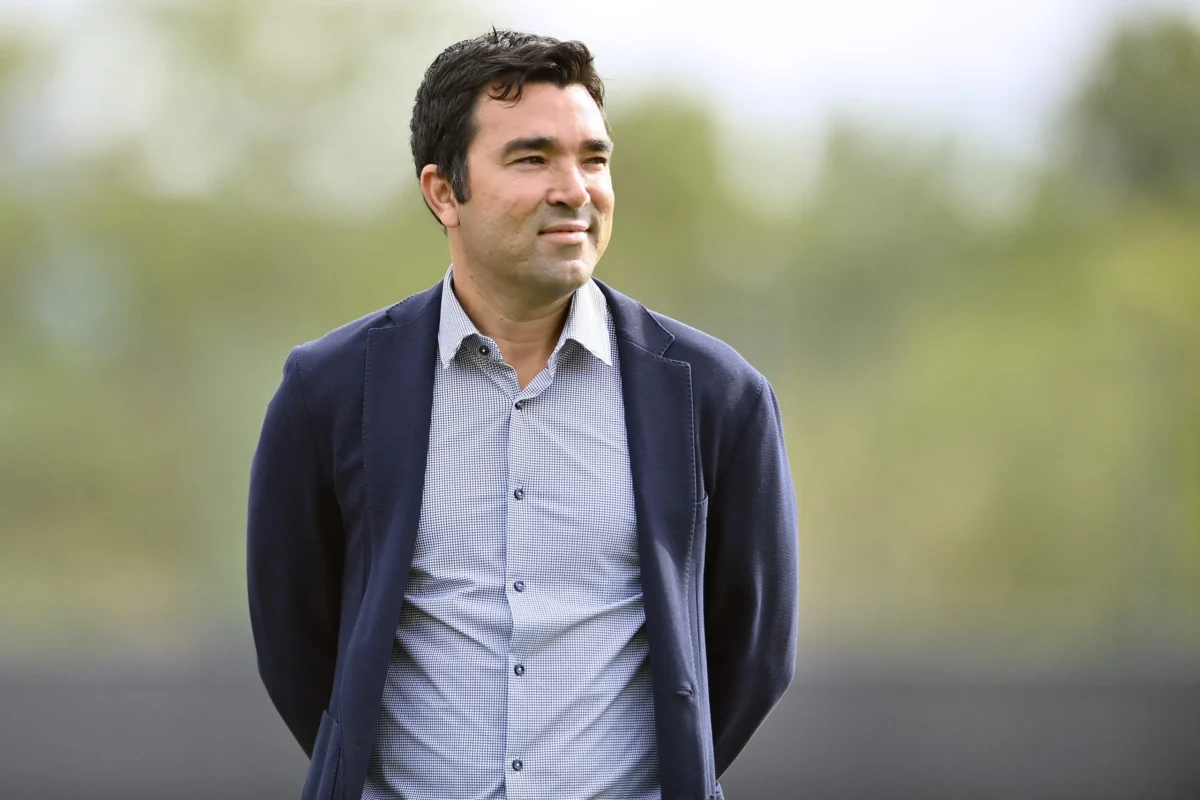With the impending arrival of the January transfer window, Barcelona is facing a complex and weighty dilemma that looms large over the club, creating a sense of urgency as they contemplate their next moves. The decisions made during this transfer period will undoubtedly have far-reaching consequences for the club’s immediate and long-term future, shaping the trajectory of their performance and competitiveness in the world of football.

Transfer plans on the back burner: Barcelona’s focus on player rehabilitation
As the international break commenced, discussions regarding Barcelona’s winter transfer plans began to surface. Nevertheless, according to a report from SPORT, individuals within the Barcelona administration do not appear to be actively considering this matter at the present moment. Barcelona perceives the forthcoming transfer window as a remote undertaking. Their current primary emphasis lies in closely monitoring the rehabilitation progress of injured players.
Barcelona’s transfer stance: No departures, potential new signing based on injuries
In this regard, a firm directive has been established: there will be no departures, and the possibility of bringing in a new player is being entertained minimally, contingent on the severity of the injury situation. Eduard Romeu, Barcelona’s Economic Vice President, affirmed this stance, stating, “Over the past two and a half years, we have consistently fulfilled the requirements of the coaching staff. Therefore, if circumstances necessitate it, we will exert every effort to meet their requests.”
Squad size and financial prudence: Barcelona’s strategy amidst challenges
Barcelona’s steadfast decision to refrain from parting with any of their players stems from their unwavering belief that the current composition of their squad operates at an absolute minimum in terms of both size and depth. This deep-rooted conviction has given rise to a palpable sense of hesitation among the club’s leadership, leading them to resist the temptation of contemplating offers for player transfers, even in situations where such transactions could present a pragmatic avenue for meeting their Financial Fair Play obligations and, concurrently, fortifying their long-term fiscal stability. This stance underscores Barcelona’s commitment to maintaining the core of their team while navigating a challenging financial landscape.
Barcelona’s financial revamp strategy: Focusing on contracts and salary restructuring
In their quest for financial stability, Barcelona is actively considering an alternative route, primarily focused on revisiting Frenkie de Jong‘s contract as a means to bolster their financial flexibility, especially with the potential need for additional salary cap space in the upcoming January transfer window. Additionally, the club is taking a comprehensive approach by exploring the restructuring of salary arrangements for other willing players. This multifaceted strategy not only addresses immediate financial concerns but also underscores Barcelona’s dedication to establishing a robust and sustainable financial foundation, positioning them for both short-term stability and long-term prosperity in the dynamic realm of modern football.
Balancing act: Barcelona’s conundrum with fair play margin
Barcelona encounters a significant dilemma as they navigate the intricacies of the Fair Play margin. In this complex scenario, the club confronts a crucial decision point, where they must weigh the options of either incorporating and registering Vitor Roque or moving forward with the registration of Gavi’s first-team contract. A noteworthy facet of this predicament is that both of these prospective operations are anticipated to necessitate an allocation of salary space that is of equal magnitude. This pivotal choice underscores the challenges that Barcelona faces in maintaining both their competitive edge and financial stability in the realm of modern football.

Flexibility in player registration strategy: Barcelona’s adaptive approach
In the event that all operations are proceeding smoothly, the planned arrival of the Brazilian player may be postponed until the summer transfer window, but should the team encounter challenges, such as injuries or goal-scoring difficulties, the club can swiftly shift its focus to expedite the registration of the young striker to meet immediate needs. On the flip side, the club maintains the option to proactively formalize the provisional registration of Gavi, thus preempting potential legal complications. This adaptable approach underscores Barcelona’s dedication to facilitating a seamless transition in player registration and reinforcing their on-field performance.
Strategic priorities and financial dependencies: Barcelona’s transfer dilemma
At this moment, the top priority is the registration of Roque, a move intended to strengthen the team’s attacking capabilities as they head into the latter part of the season. However, the feasibility of executing either of these operations depends heavily on the anticipated €40 million payment from Libero, a payment that plays a pivotal role in unlocking the current situation. In the event that the financial margin falls short, Barcelona might find themselves in the challenging position of having to defer these actions until the summer of 2024, thereby underscoring the intricate financial intricacies and decisions they must navigate in their pursuit of on-field success.



